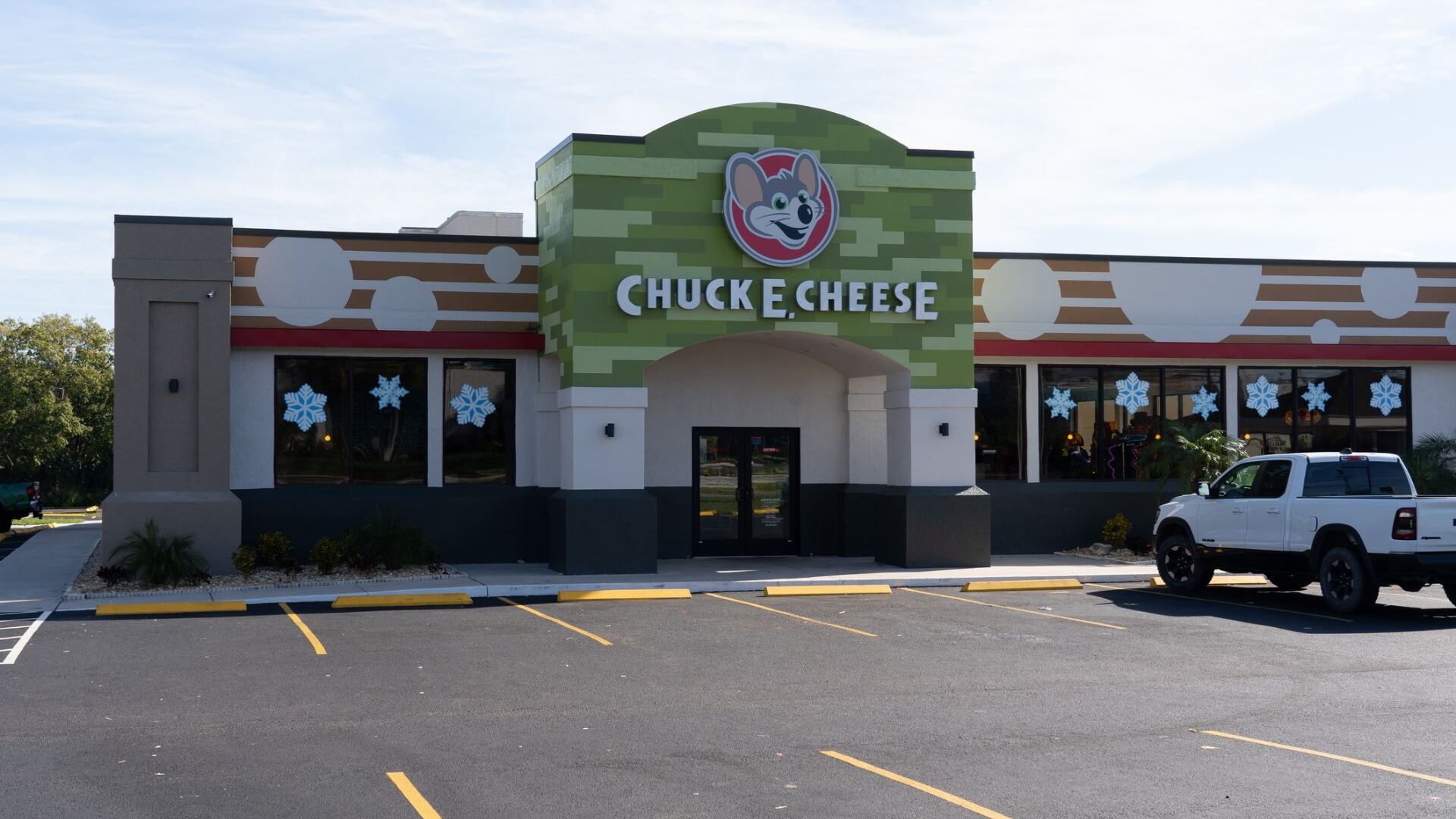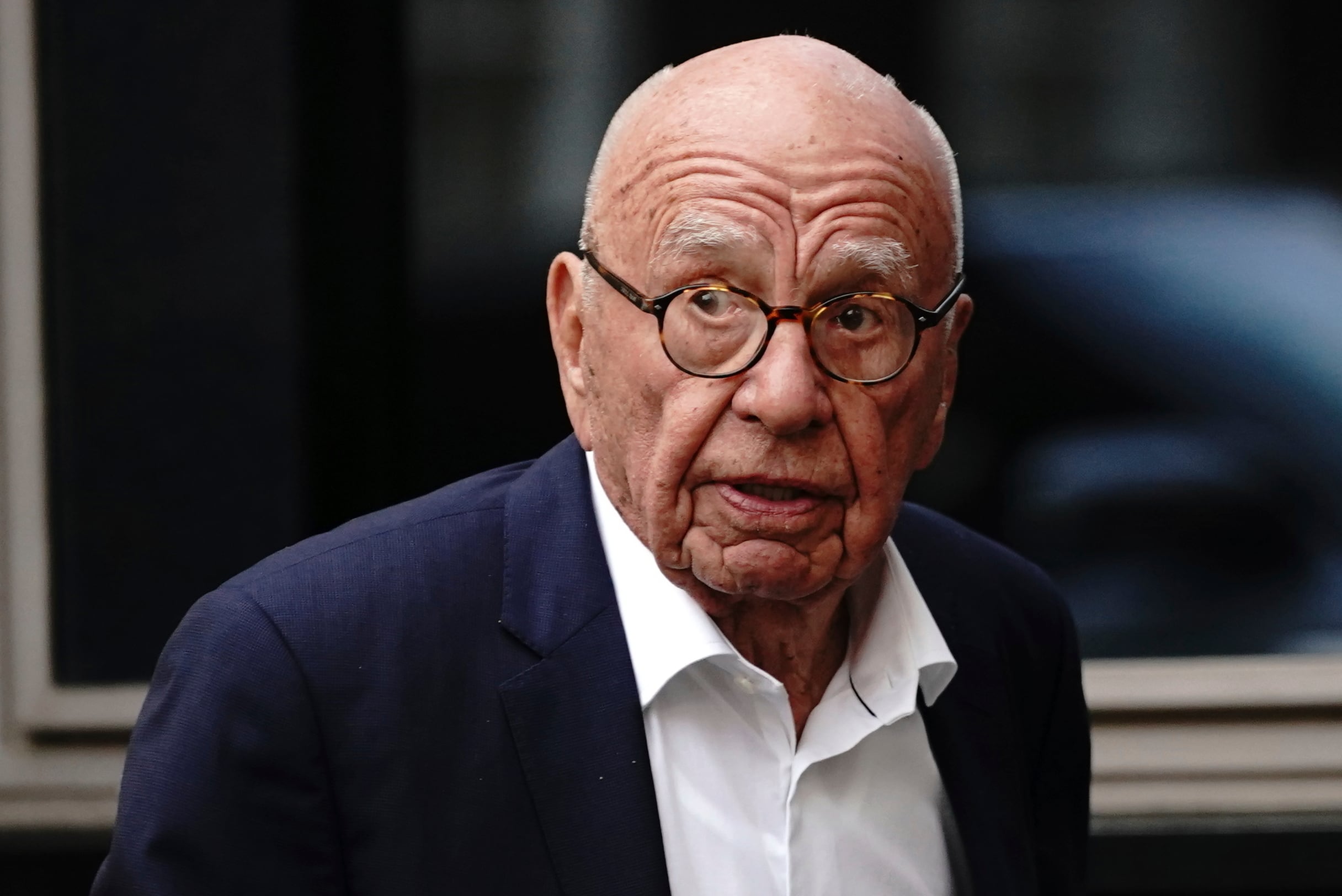Facebook announced Tuesday that it has launched a new payment experience for users that will eventually operate across Facebook, Messenger, Instagram, and WhatsApp.
In addition to being a payment method for Facebook Marketplace, Facebook Pay will also compete with person-to-person payment apps like PayPal-owned Venmo, Apple Pay, Google Wallet, and Square Cash App. It allows users to transfer money from their bank accounts, credit cards, and PayPal accounts but doesn’t store money in a digital wallet and doesn’t charge any fees. (Facebook Messenger’s existing Payments product had the same function but did not support credit cards.)
For the initiative, Facebook ($FB) is partnering with several payment processing companies, including PayPal and Stripe which both have had longstanding and successful partnerships with the social media giant; PayPal powers its Messenger-embedded person-to-person payments feature and Stripe powers donation payments made on Facebook. A Stripe spokesman told Cheddar it can now help Facebook grow its Marketplace for e-commerce while giving its own merchant customers more opportunities to sell on Facebook and eventually, Instagram.
“Facebook has been a longstanding and valued strategic partner to PayPal for several years, and we continue to partner with, and support, Facebook in various capacities,” echoed a PayPal spokesman “We are pleased to collaborate with them on Facebook Pay, as we share a common vision to make the management and movement of commerce seamless, no matter where, or on what platform, people shop.”
Facebook did not respond to requests for comment.
The company is enabling a type of commerce that’s in demand — instantly buying something you see on Facebook or Instagram — but has been hindered by the inefficient process required for buyers and sellers to make transactions.
It also addresses a pain point that’s well known and understood to merchants: cart abandonment. Merchants lose sales when prompting customers to download an app; customers drop off when they click on something on Instagram, for example, and are redirected to a website where they have to enter their personal information.
Facebook Pay is just the latest evidence that big tech companies are finally becoming the next big distribution channels for financial services – something long feared among traditional financial services providers for years. Last month Uber introduced Uber Money, a team that works on financial products like Uber Cash, the Uber credit card and now, a checking account and debit card for drivers, through which they can receive instant payouts. Last week JPMorgan Chase said it’s spent a year developing an e-wallet for online marketplaces and gig economy companies like Amazon, Lyft, and Airbnb. That would allow such companies to provide virtual bank accounts to customers and incentivize them to keep their money stashed with them.
Further, as consumers are forcing social platforms to value data and privacy over ad targeting, payments offer an opportunity to grow new revenue. Global payments are on track to add $1 trillion in new revenue to payments businesses through 2027, according to BCG.
Facebook has come under fire from global regulators in recent months for its part and leadership in the Libra Association, the so-called nonprofit organization in charge of the digital currency Libra that Facebook proposed in June. Facebook Pay is completely separate from that project and its own digital wallet subsidiary, Calibra, said Deborah Liu, Facebook marketplace and commerce vice president, in the announcement (a point reiterated to Cheddar by a Stripe spokesman). Incidentally, PayPal and Stripe were both founding partners of the Libra Association but pulled out of their commitments last month before the governance charter was formalized.
The Facebook Pay launch follows the unveiling of a new company logo a week ago, intended to provide more company transparency to the general public by distinguishing Facebook the social media platform from Facebook its parent company, which also owns Instagram and WhatsApp.












